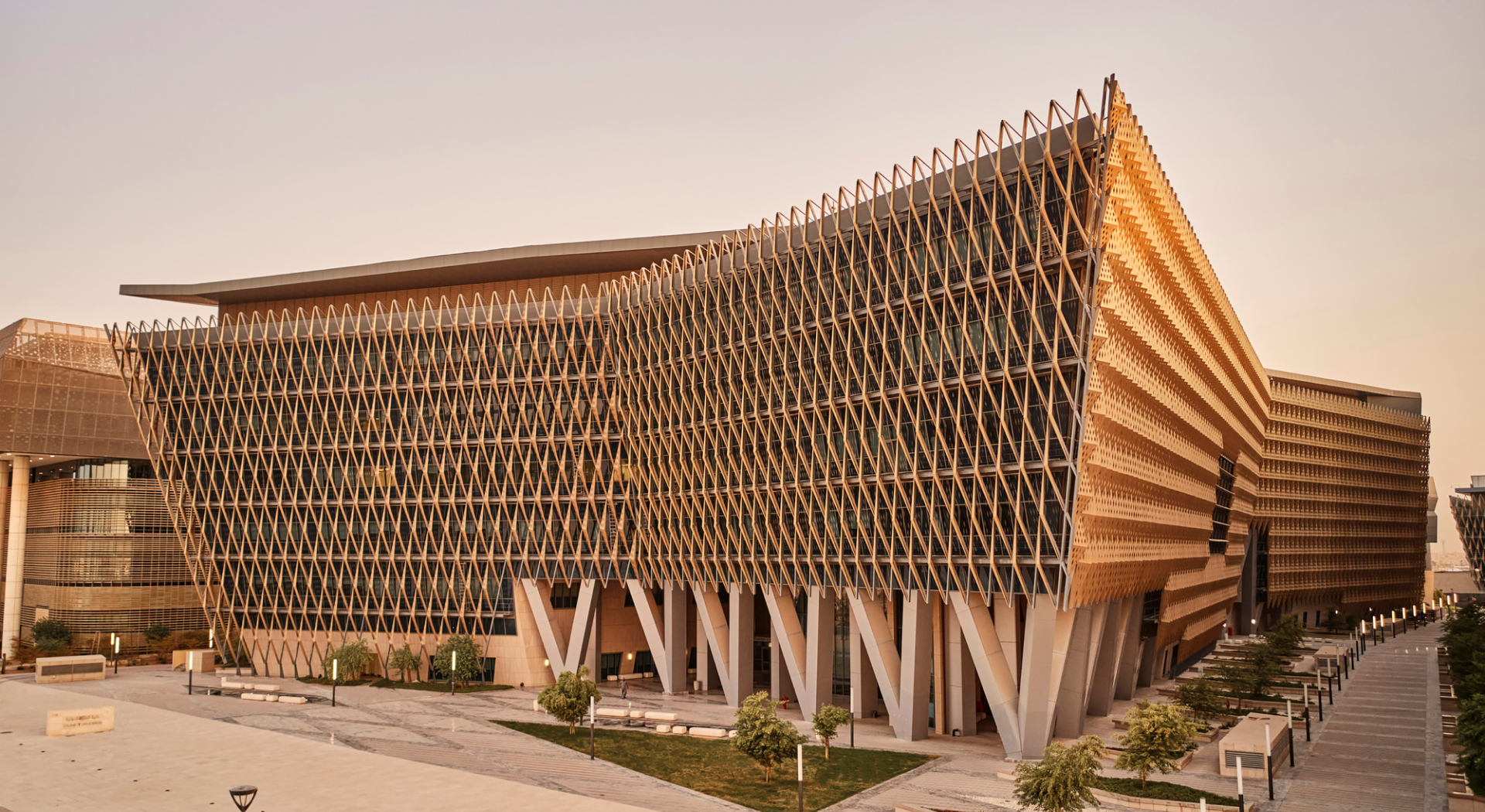
Dr. Ammar Bahman, Professor of Mechanical Engineering at the College of Engineering and Petroleum, received a research grant from the Kuwait Foundation for the Advancement of Sciences (KFAS) to develop air conditioning technology in Kuwait, with a total budget estimated at approximately 306,552 Kuwaiti dinars to implement the project. KFAS made a financial contribution of 38,702 Kuwaiti dinars to support this project, which is scheduled to take 36 months.
The study proposed by Dr. Ammar Bahman studies the thermal properties and physical stability of carbon-based nanoparticles mixed with lubricating oil such as POE oil to make nano-lubricants that help reduce the heat generated during the compression process and improve the heat transfer rate in heat exchangers for air conditioning systems. The study extends to replace existing working fluids with alternative coolants (such as propane 290-R or 32-R) due to their promising properties in terms of transport induction, and their environmentally friendly properties for high temperature application such as the weather conditions in Kuwait.
This project relies on cooperation between three main entities: Kuwait University, the Kuwait Institute for Scientific Research, and the Dresden University of Technology in Germany. The project will begin by identifying a lubricant saturated with carbon-based nanoparticles suitable for the operating conditions of the air conditioning system (proposed by Kuwait University and Kuwait Institute for Scientific Research), then a model of thermal properties will be developed through numerical modeling (by Kuwait University and the Kuwait Institute for Scientific Research). Next, a description of the thermal and transportation properties of the mixture between the nanoparticle-saturated lubricant and the alternative coolant will be performed (by the Dresden University of Technology), concurrently a compressor test bench will be used to evaluate the effect of the nanoparticle-saturated lubricant mixture on compressor performance (by the University of Technology in Dresden), and finally the completely reconfigured air conditioning system will be tested for application at high temperatures inside the environment chamber to evaluate the effect of the lubricant saturated with nanoparticles and reducing the amount of coolant (by Kuwait University and the Kuwait Institute for Scientific Research).
This project reflects the distinction of the State of Kuwait in its rapid urban development and the continuous growth of its cities, which has increased energy consumption, especially in residential buildings. Expectations indicate that energy demand in Kuwait in buildings will increase by 70% by 2035, and this is mainly due to air conditioning and air conditioning systems. In recent years, nanomaterials added to Lubricants have received great attention to improve pressure operations and system performance in air conditioning units.


 Colored
Colored Grayscale
Grayscale

